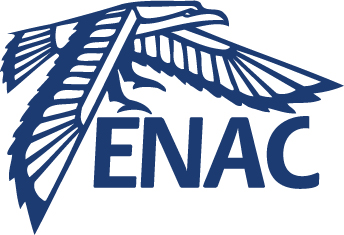Cryptanalysis of a code-based full-time signature
Résumé
We present an attack against a code-based signature scheme based on the Lyubashevsky protocol that was recently proposed by Song, Huang, Mu, Wu and Wang (SHMWW). The private key in the SHMWW scheme contains columns coming in part from an identity matrix and in part from a random matrix. The existence of two types of columns leads to a strong bias in the distribution of set bits in produced signatures. Our attack exploits such a bias to recover the private key from a bunch of collected signatures. We provide a theoretical analysis of the attack along with experimental evaluations, and we show that as few as 10 signatures are enough to be collected for successfully recovering the private key. As for previous attempts of adapting Lyubashevsky's protocol to the case of code-based cryptography, the SHMWW scheme is thus proved unable to provide acceptable security. This confirms that devising secure and efficient code-based signature schemes remains a substantially open problem in the area of post-quantum cryptography.
| Origine | Fichiers éditeurs autorisés sur une archive ouverte |
|---|
